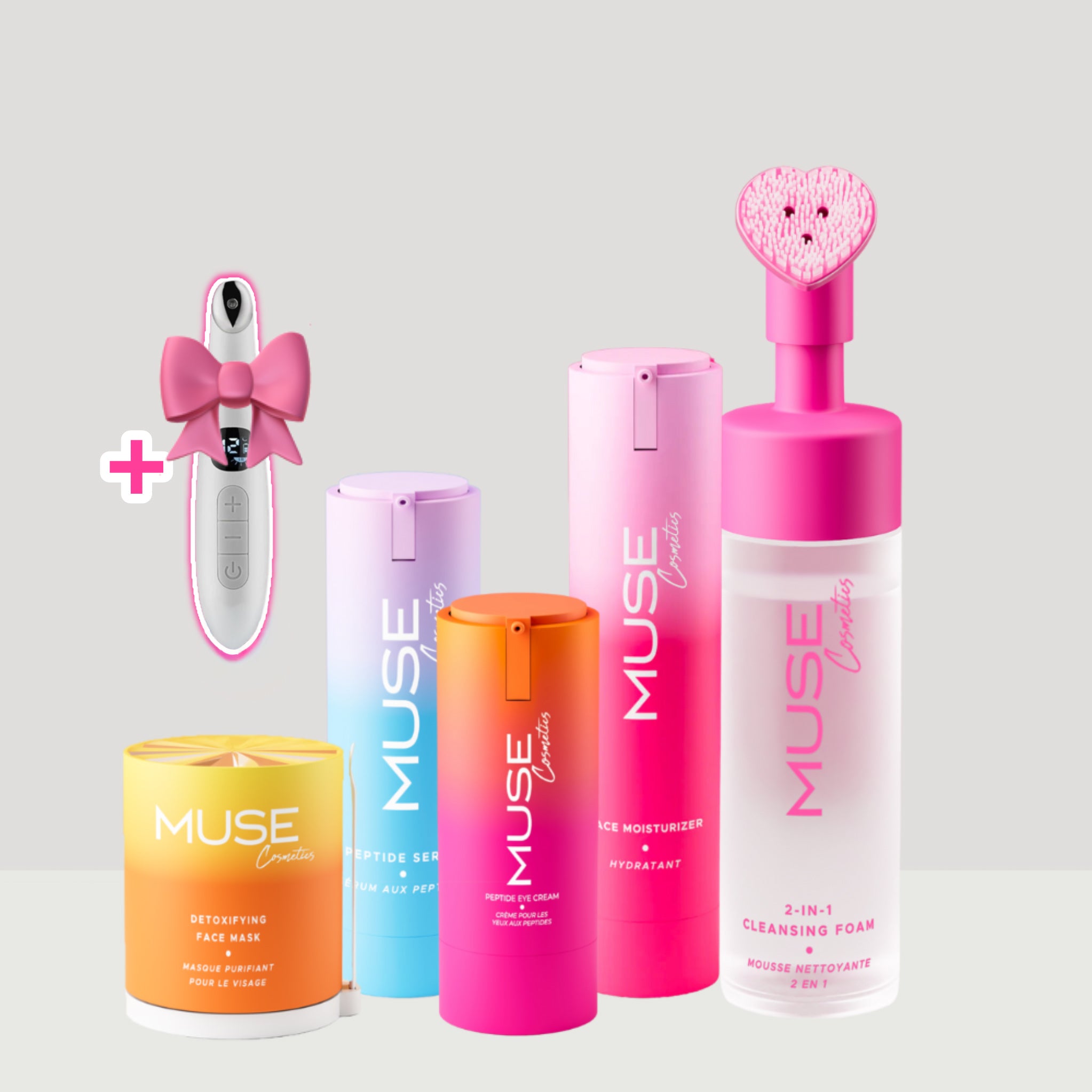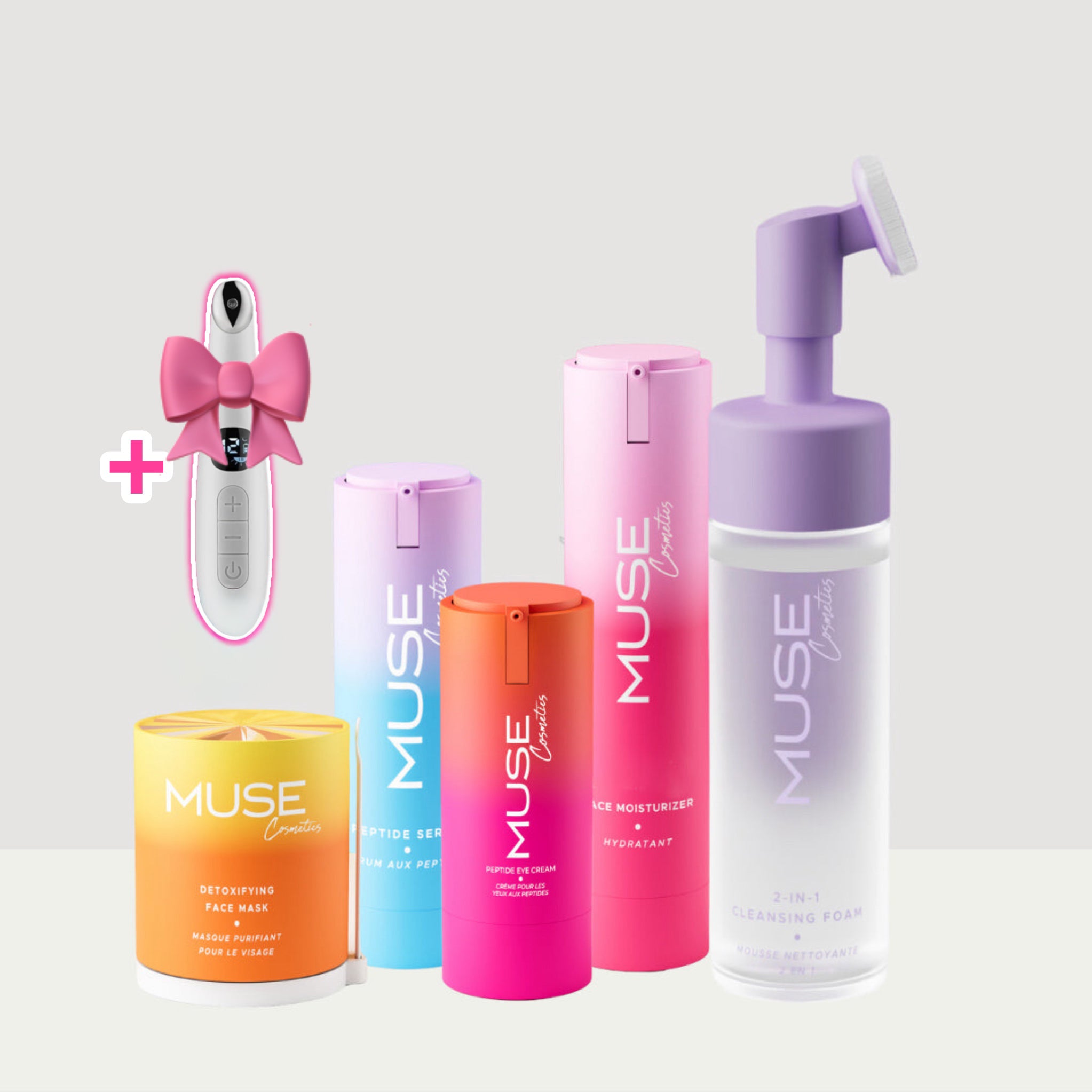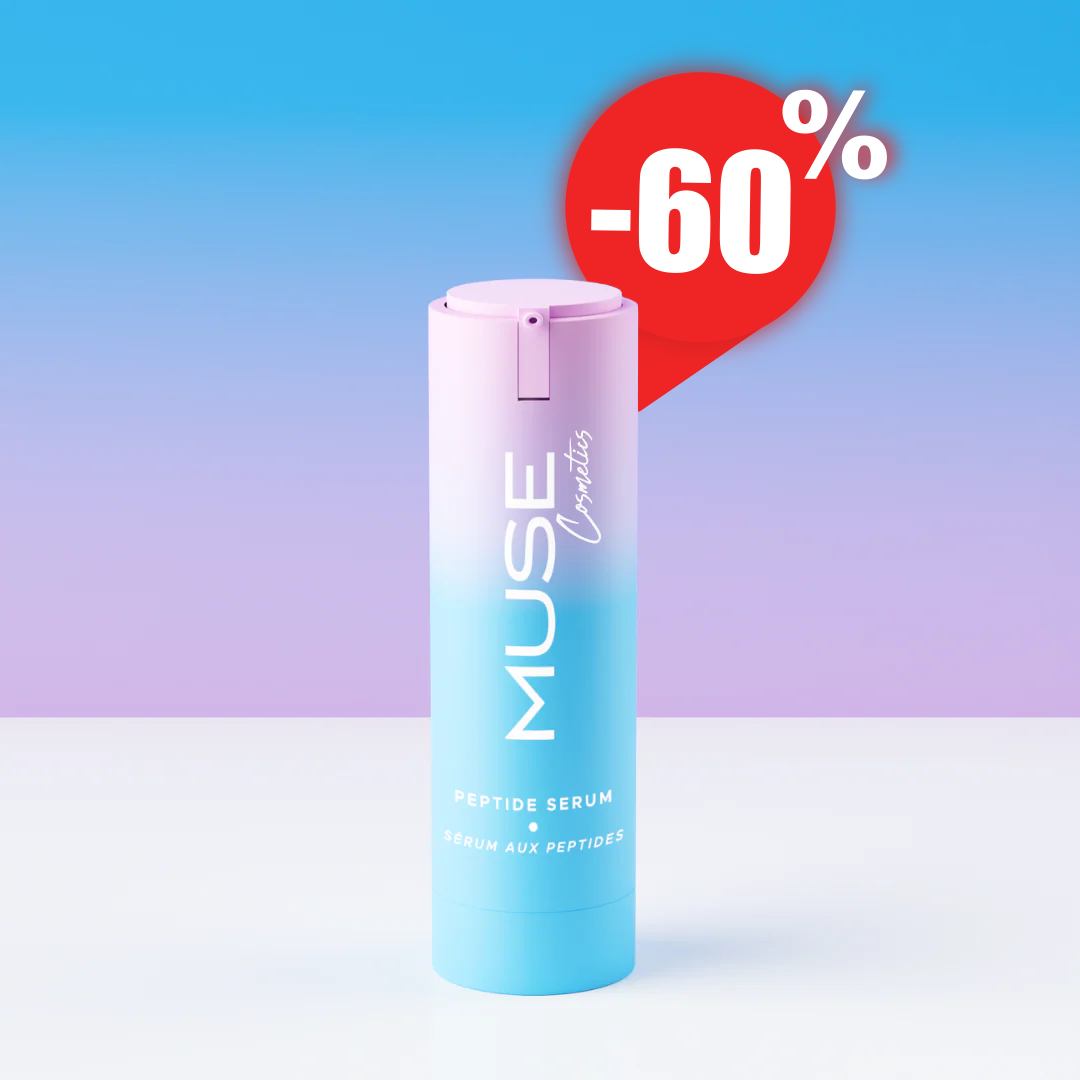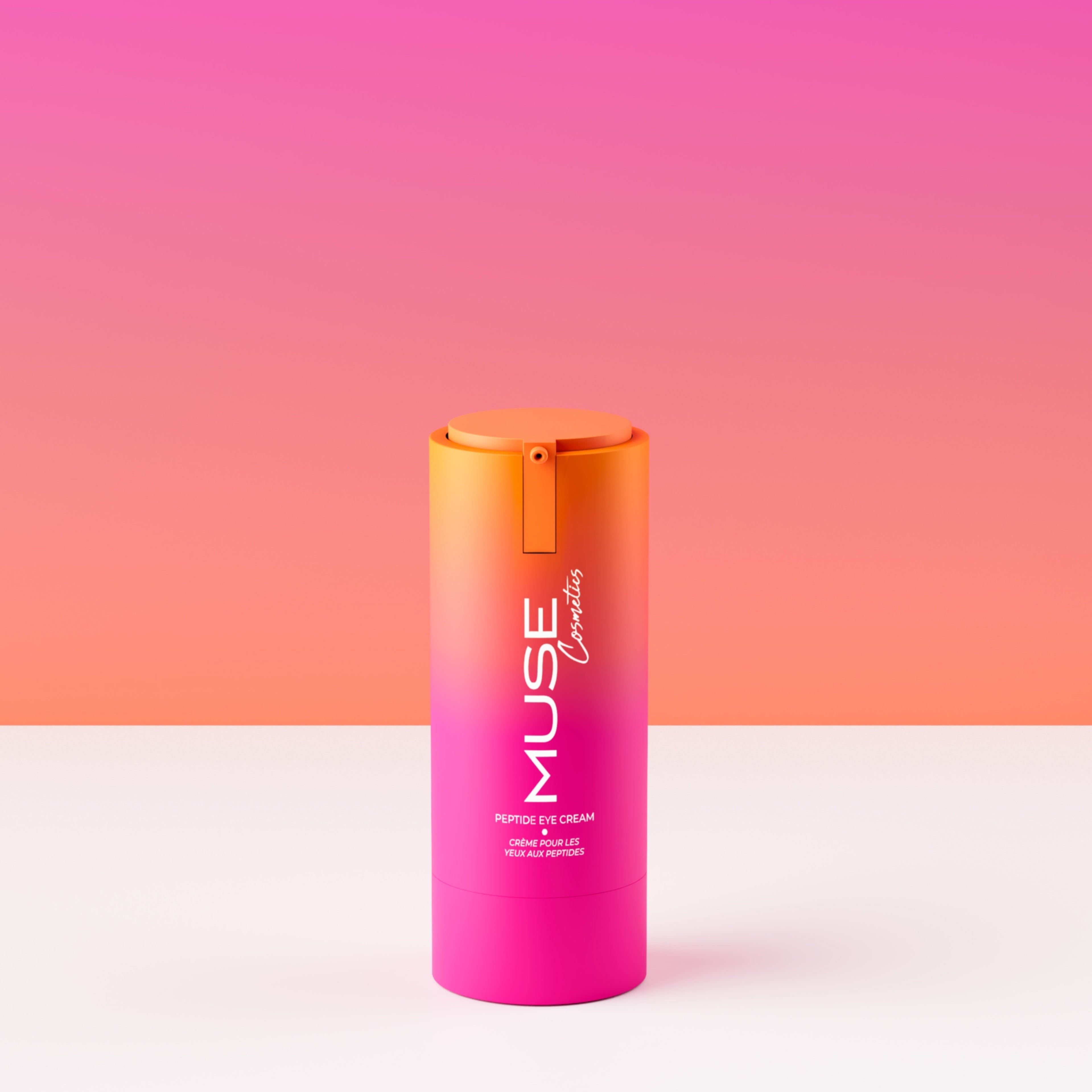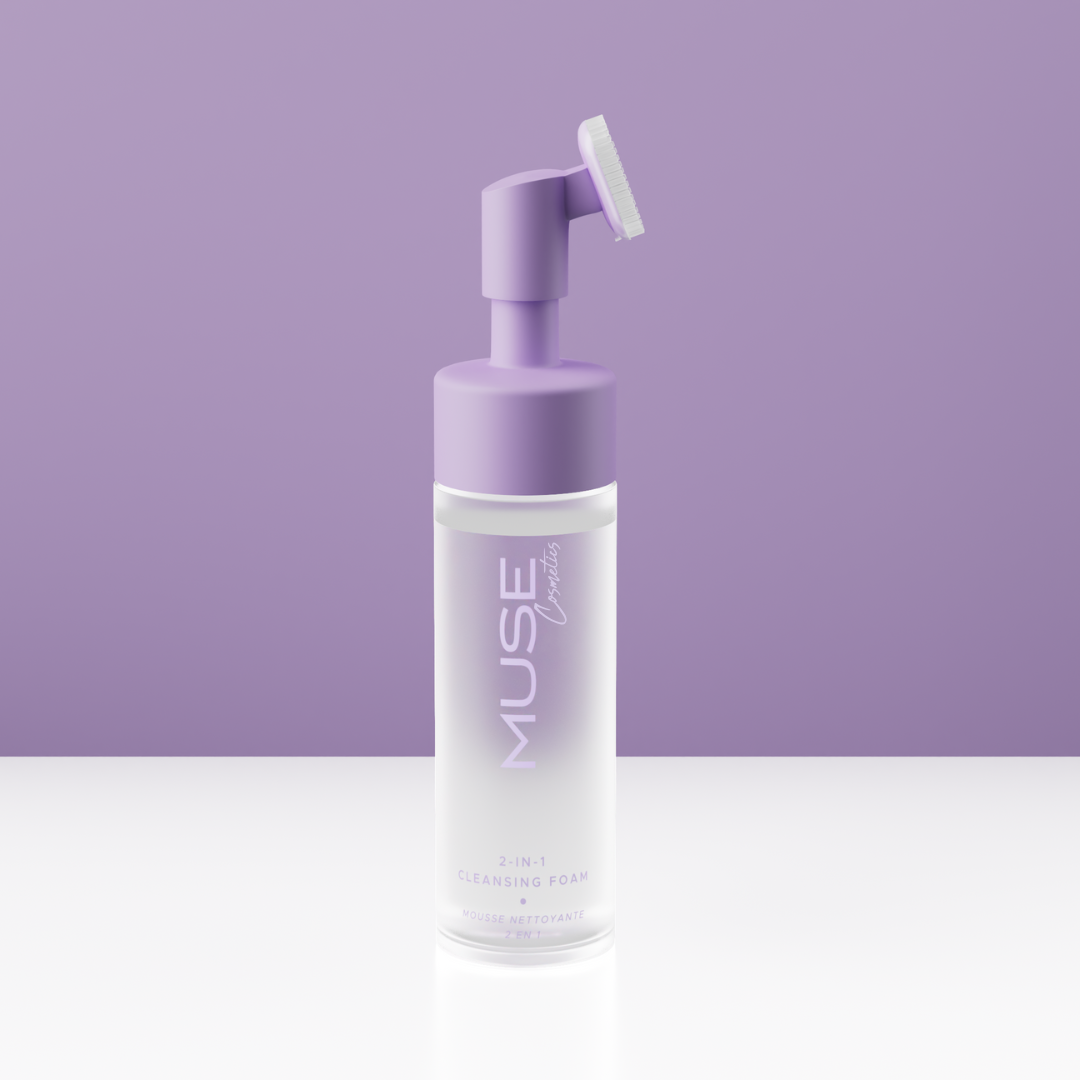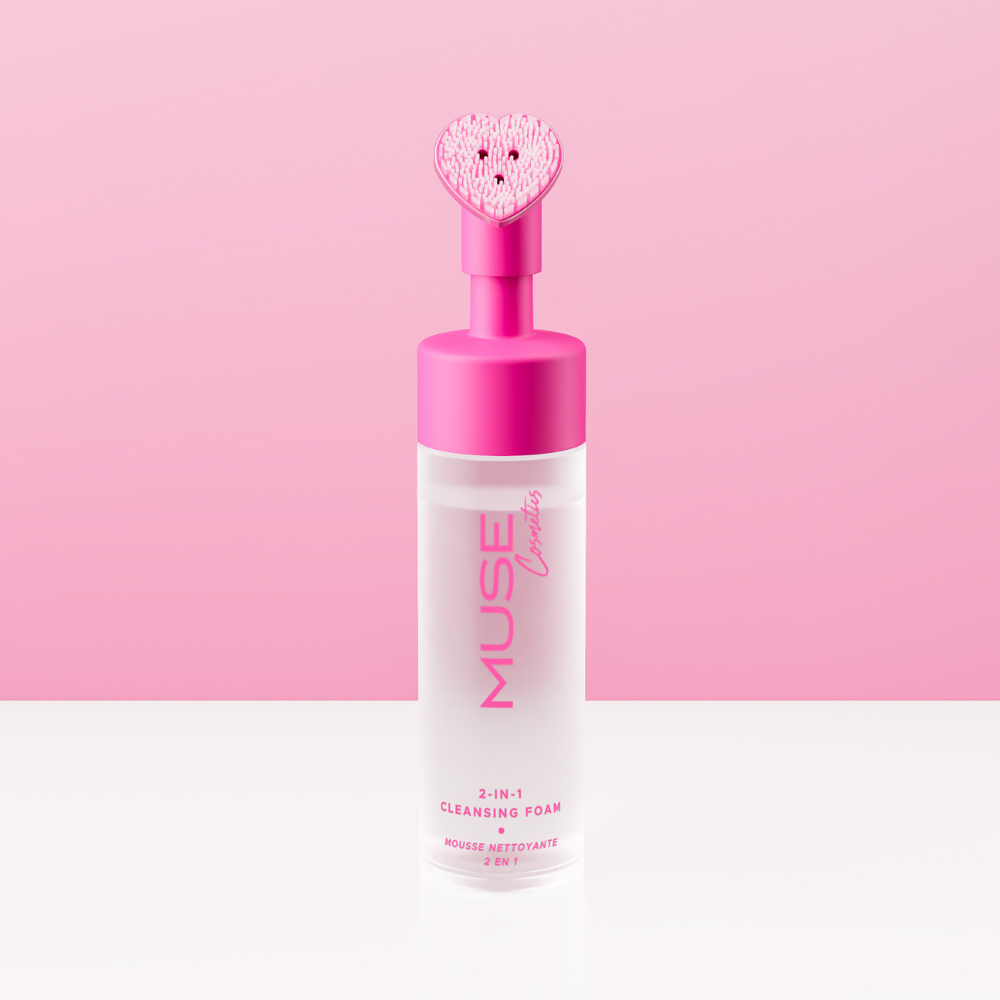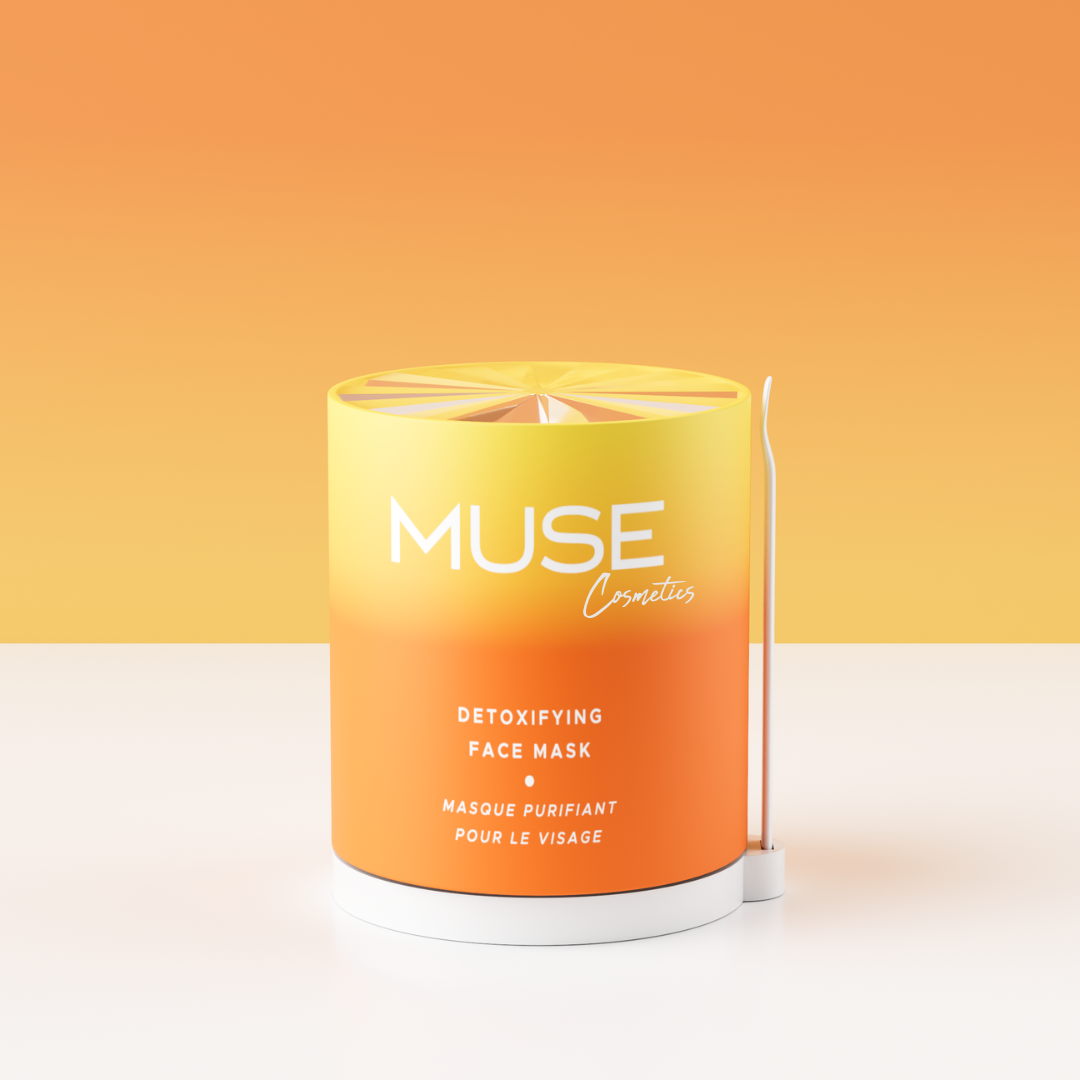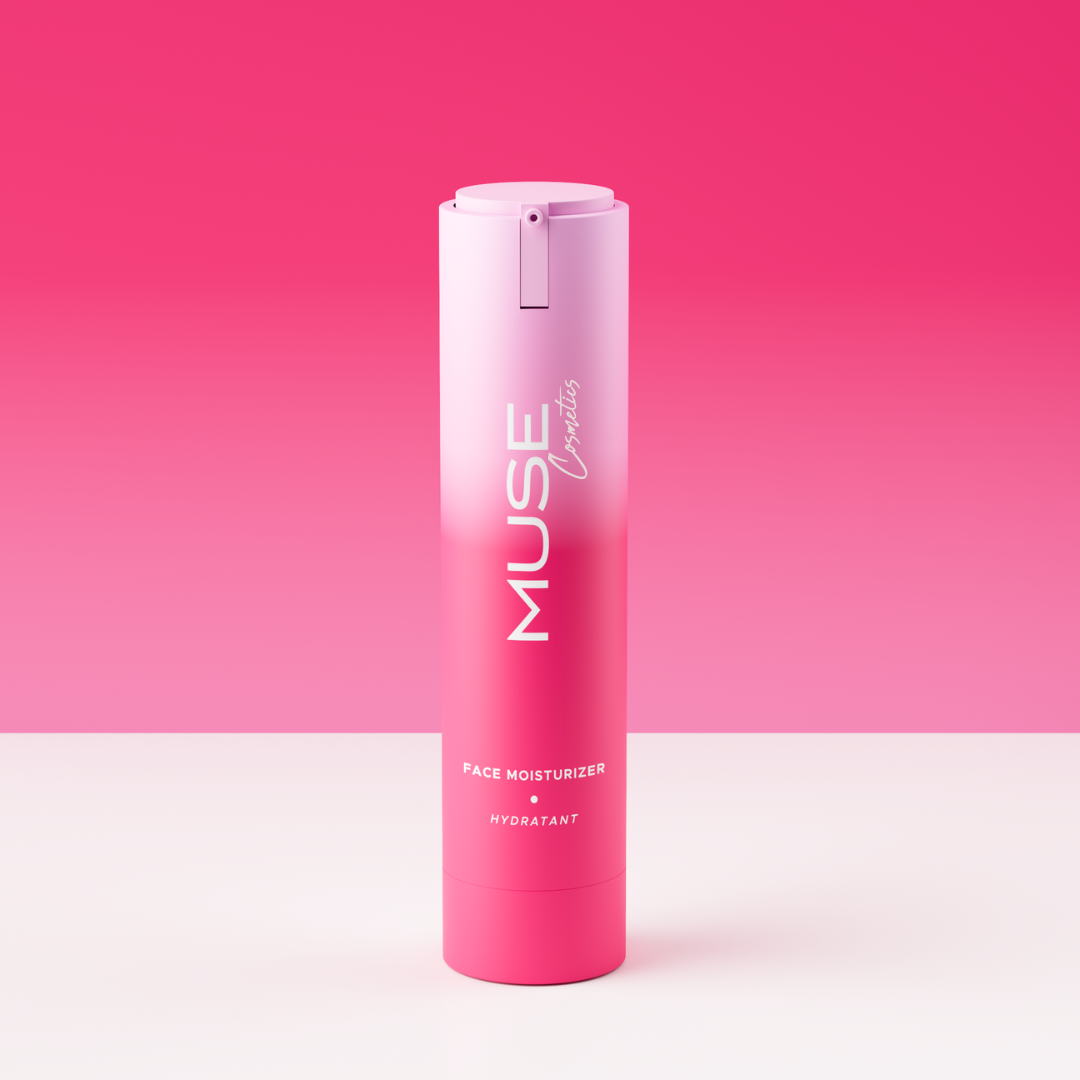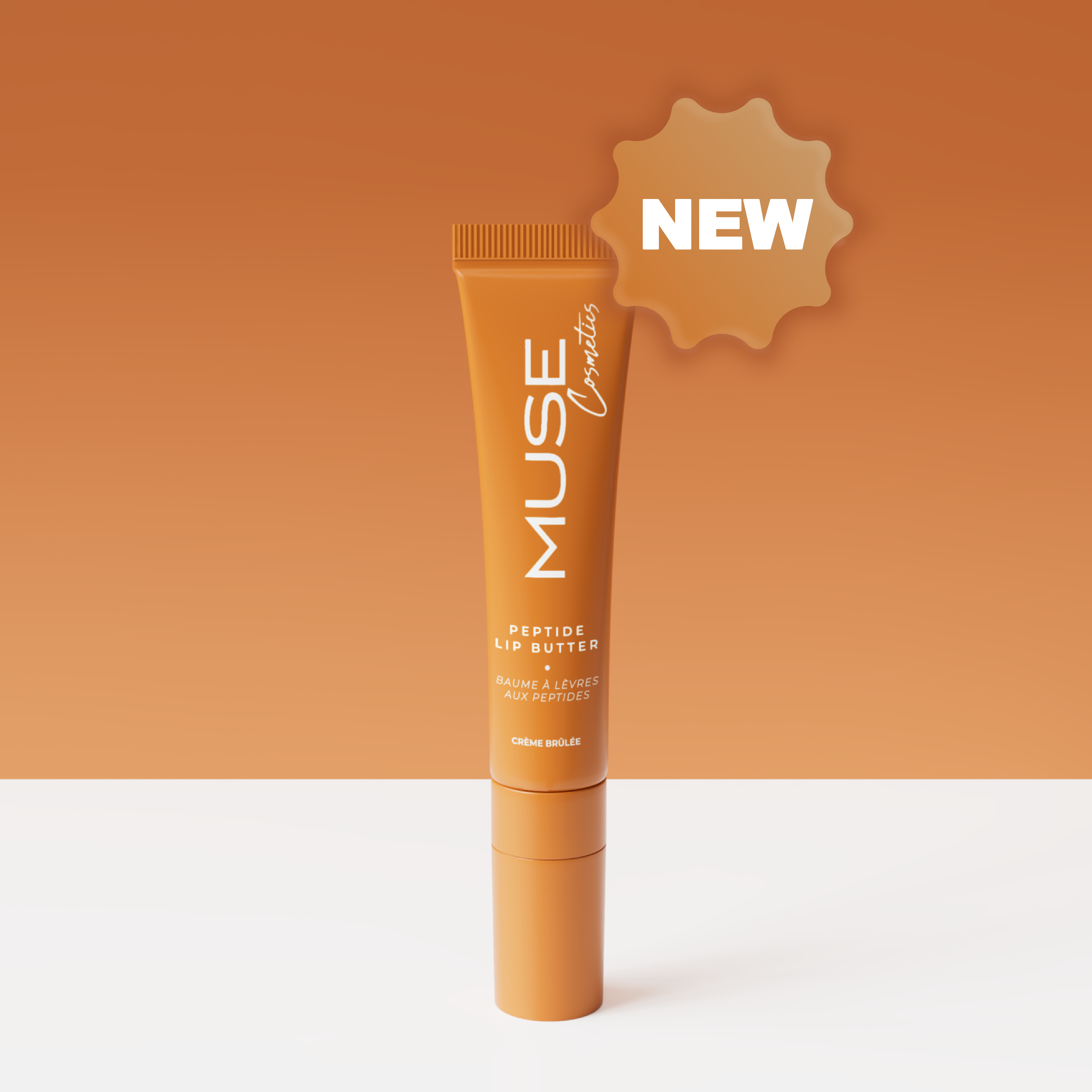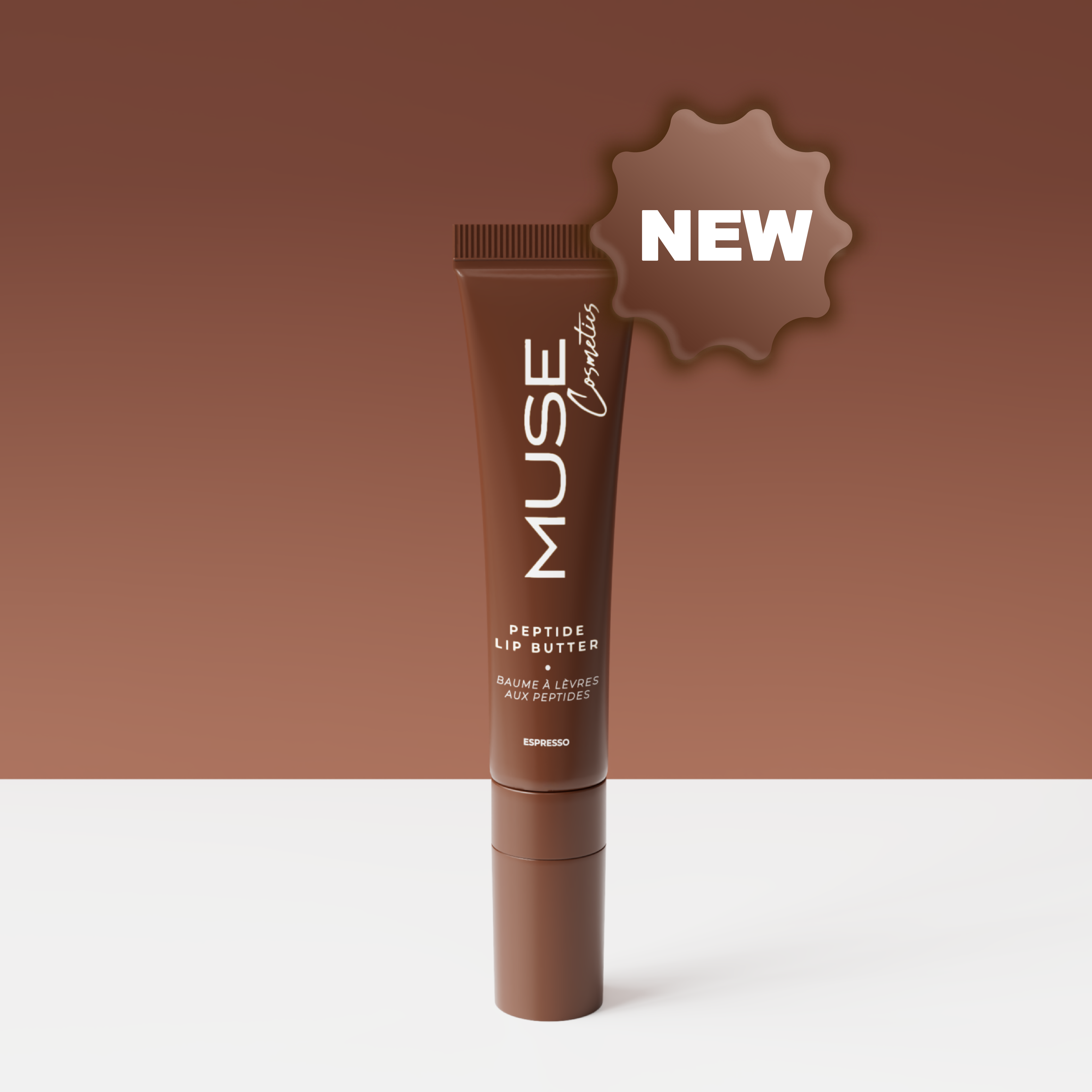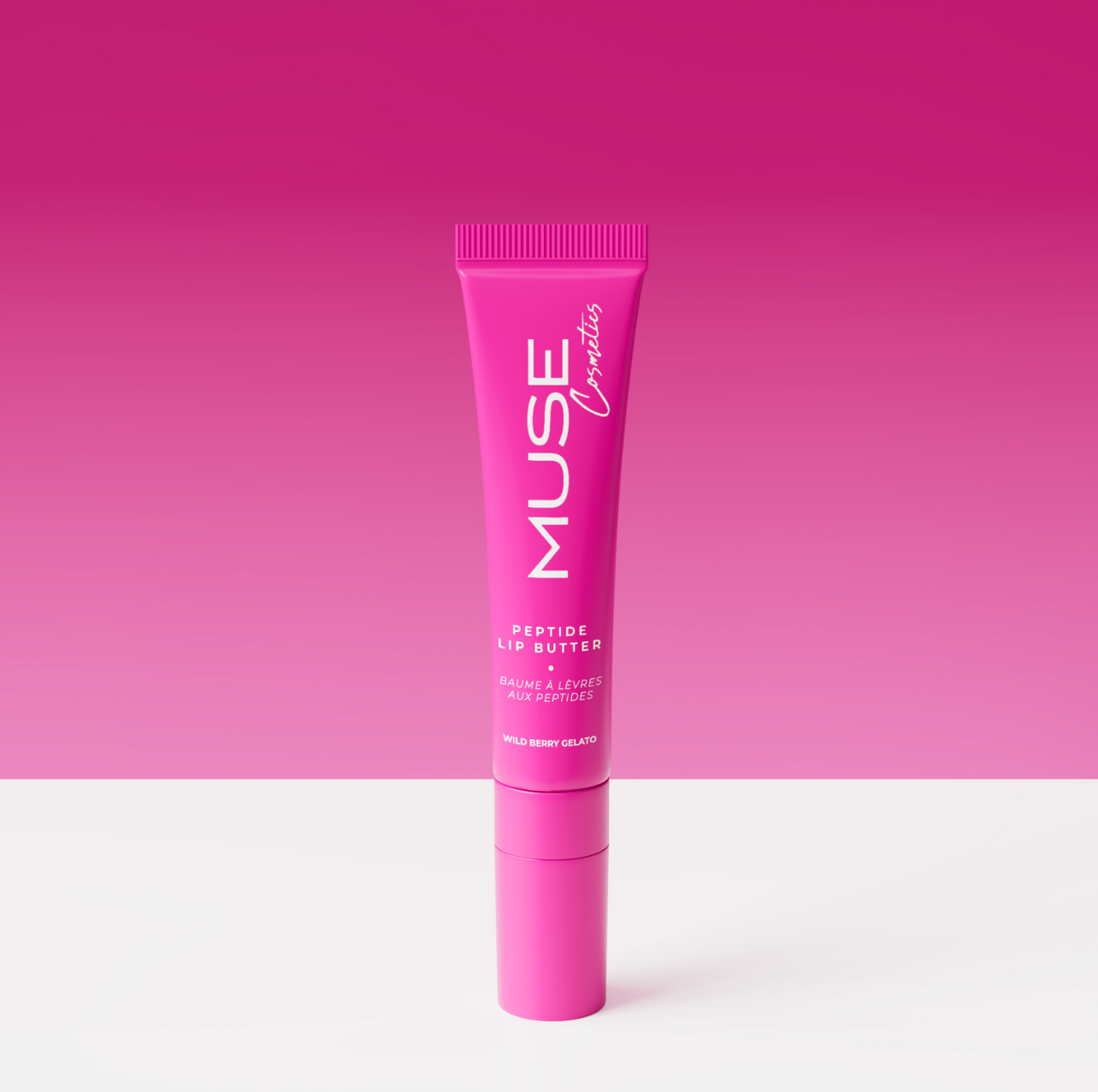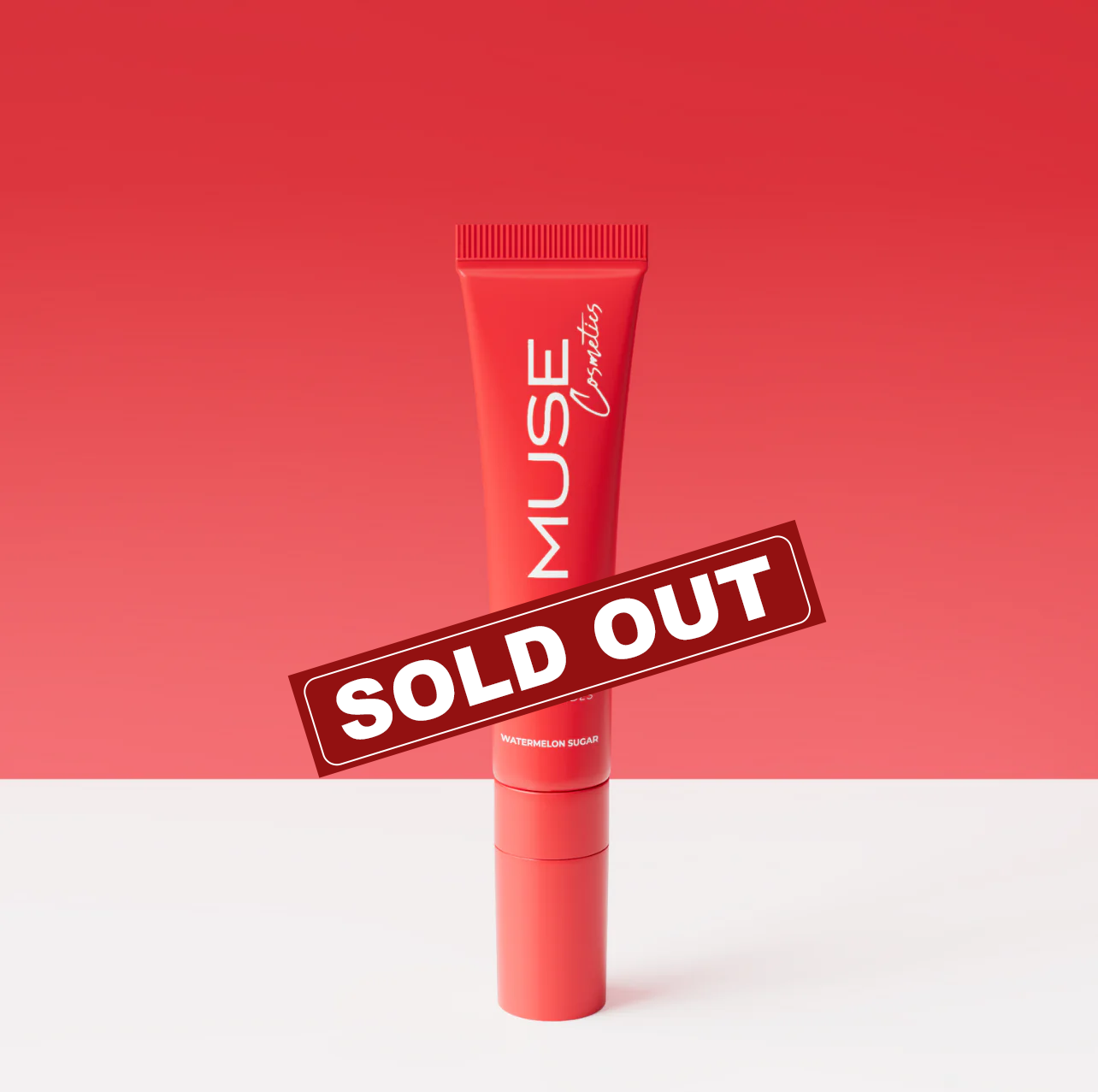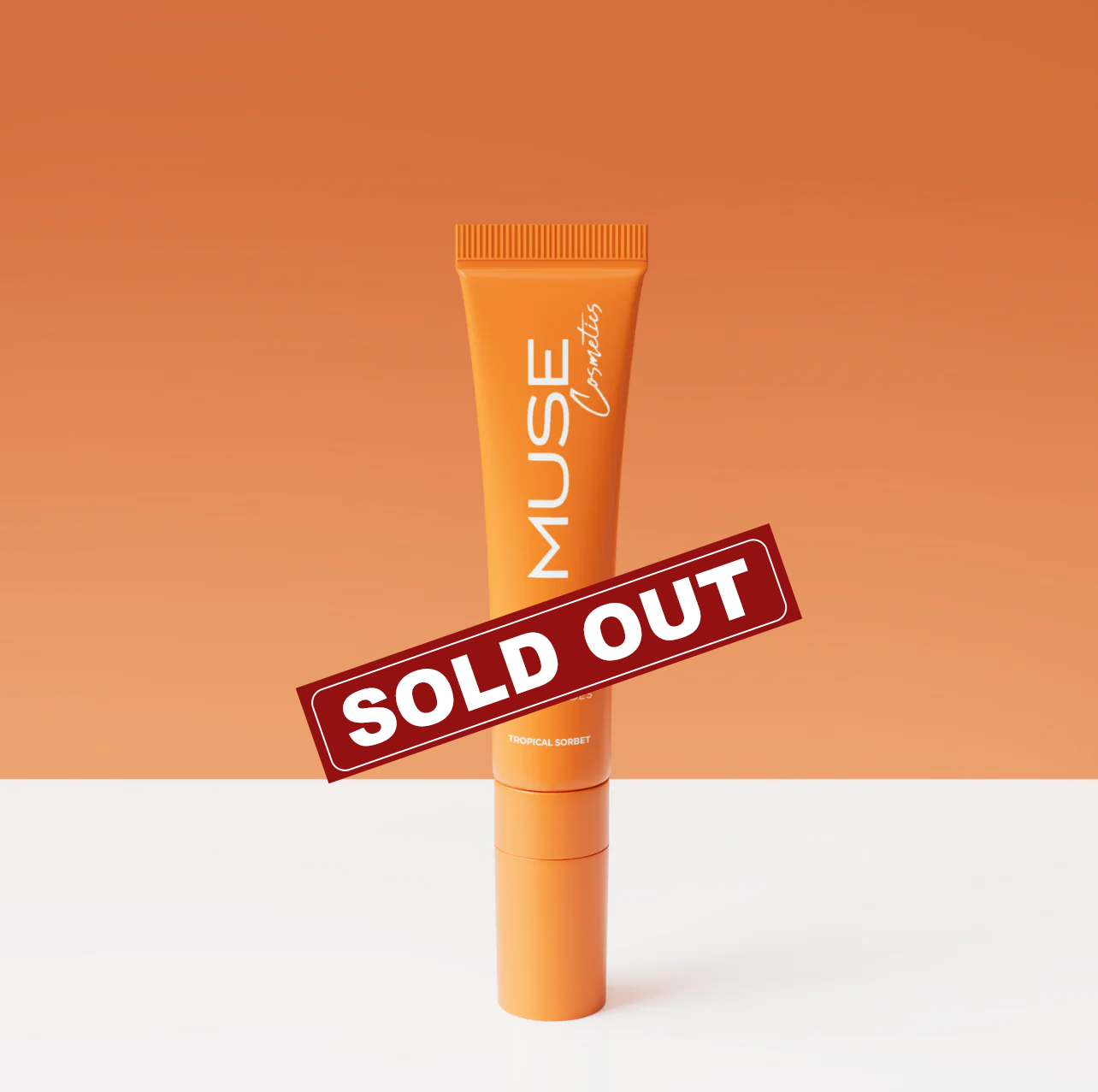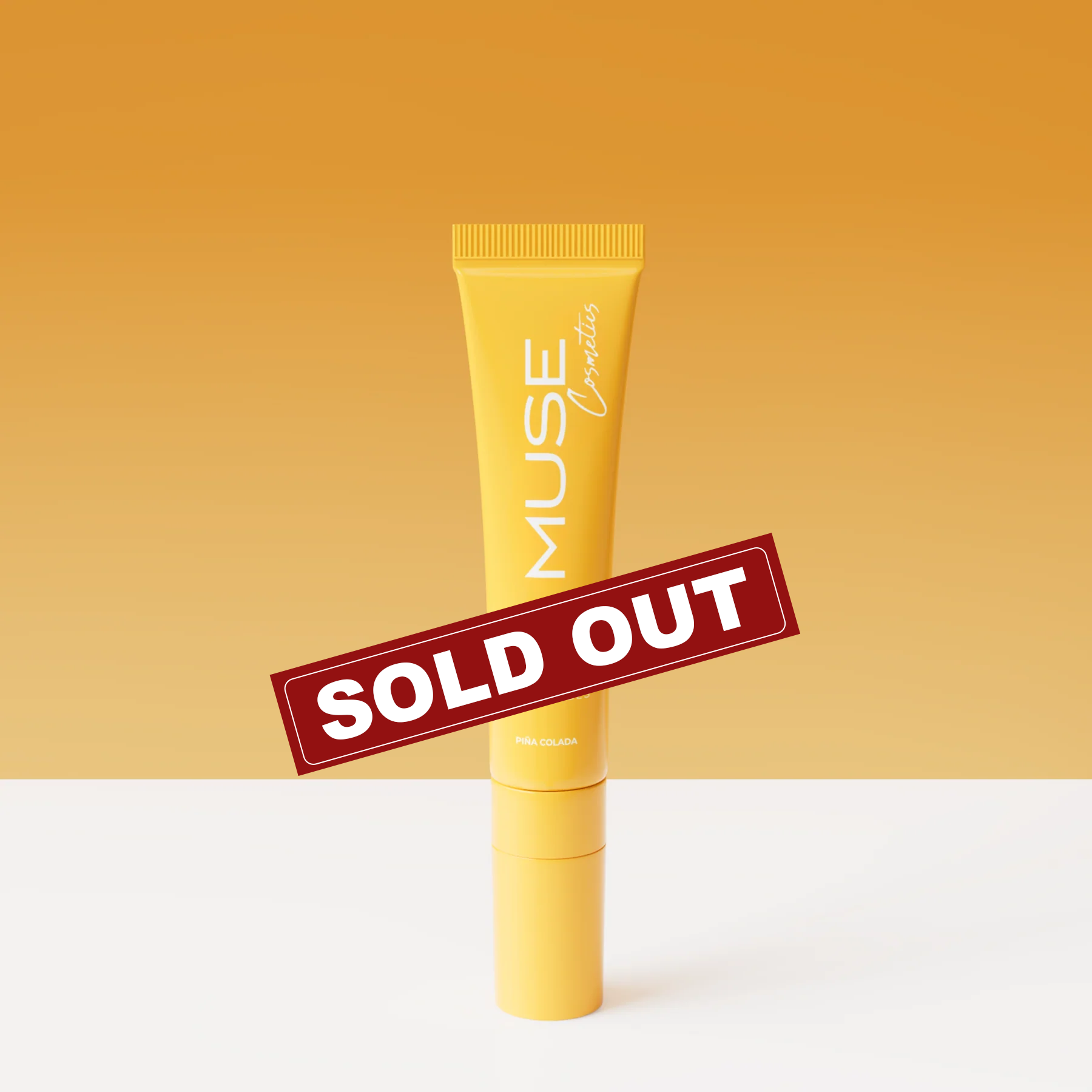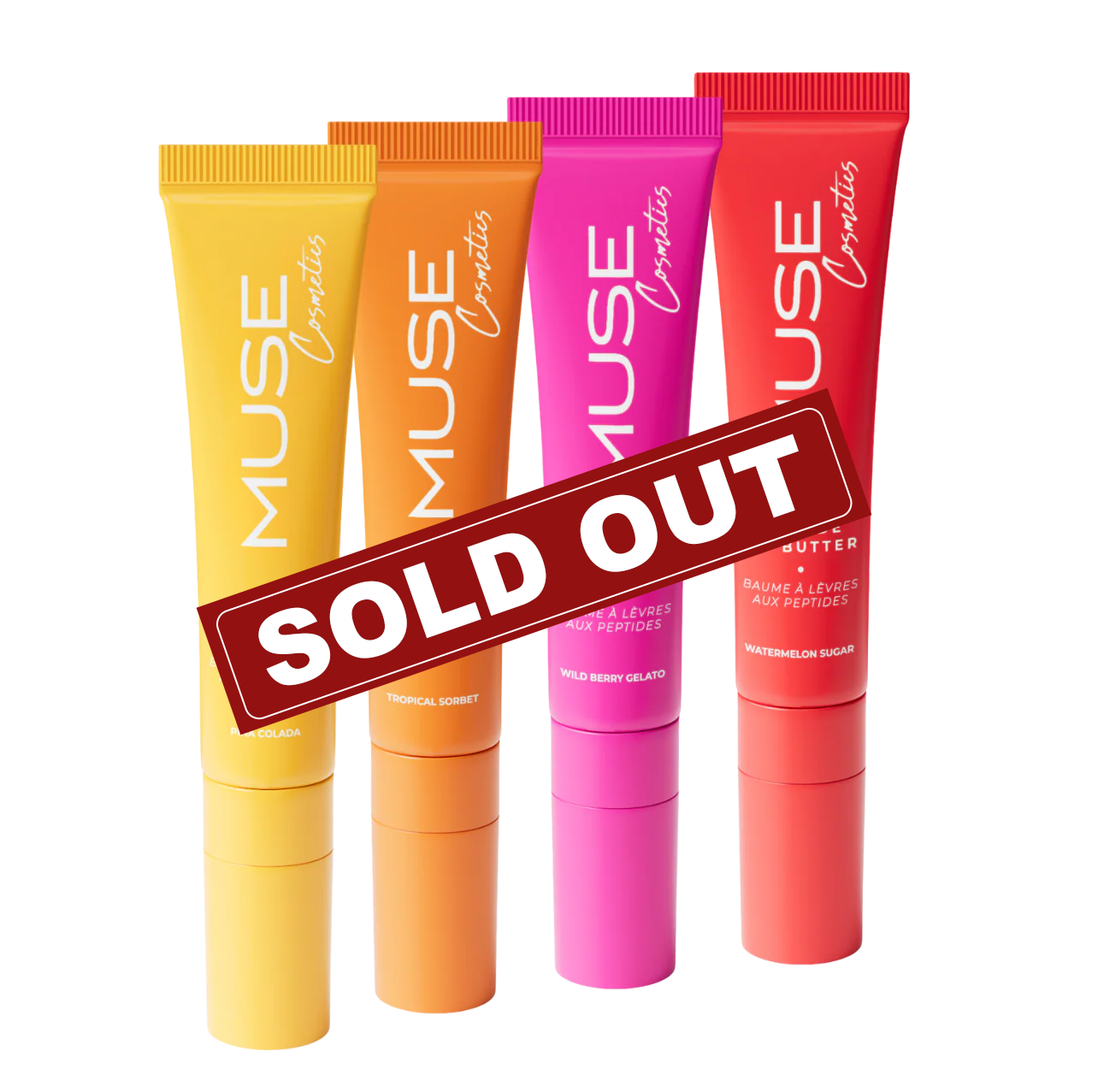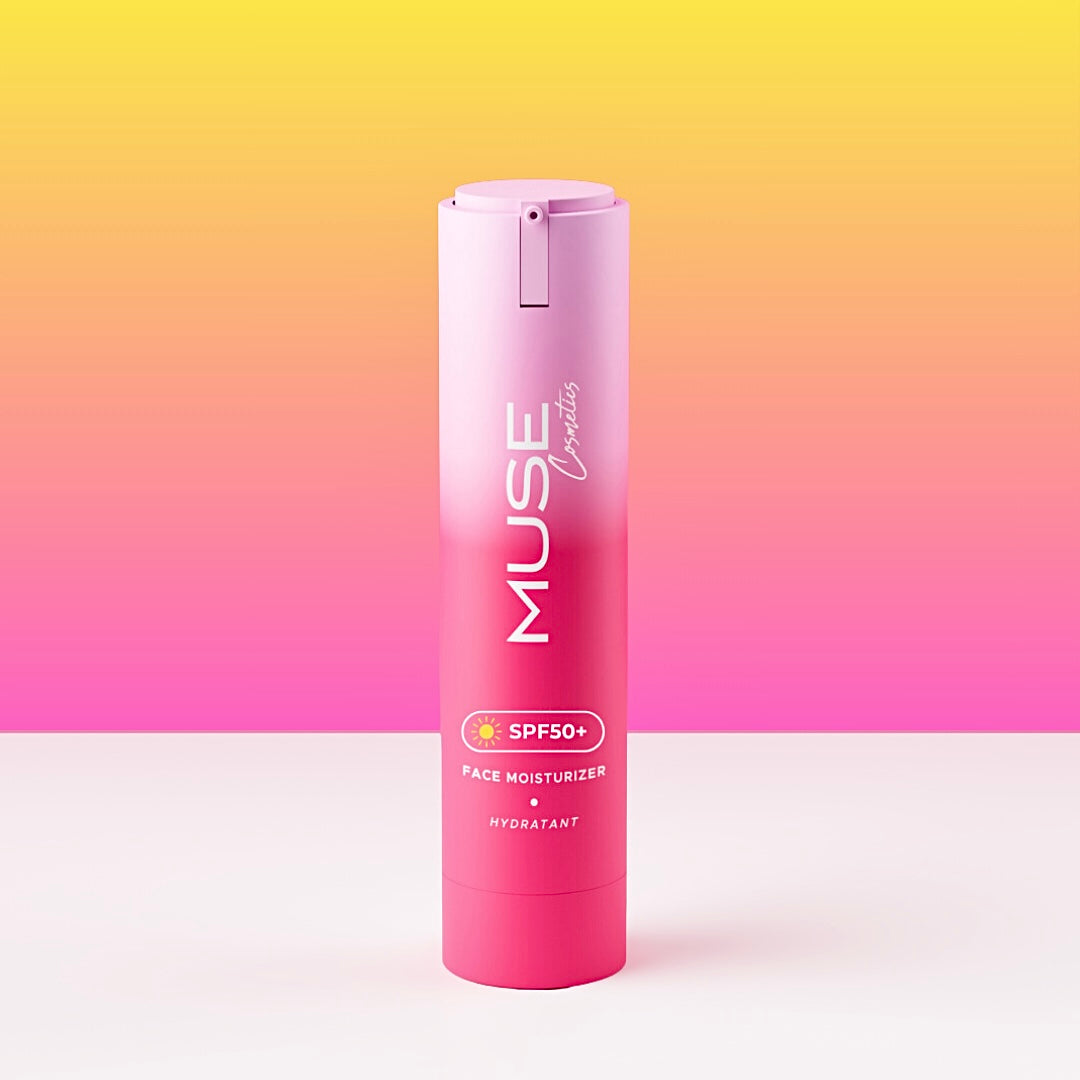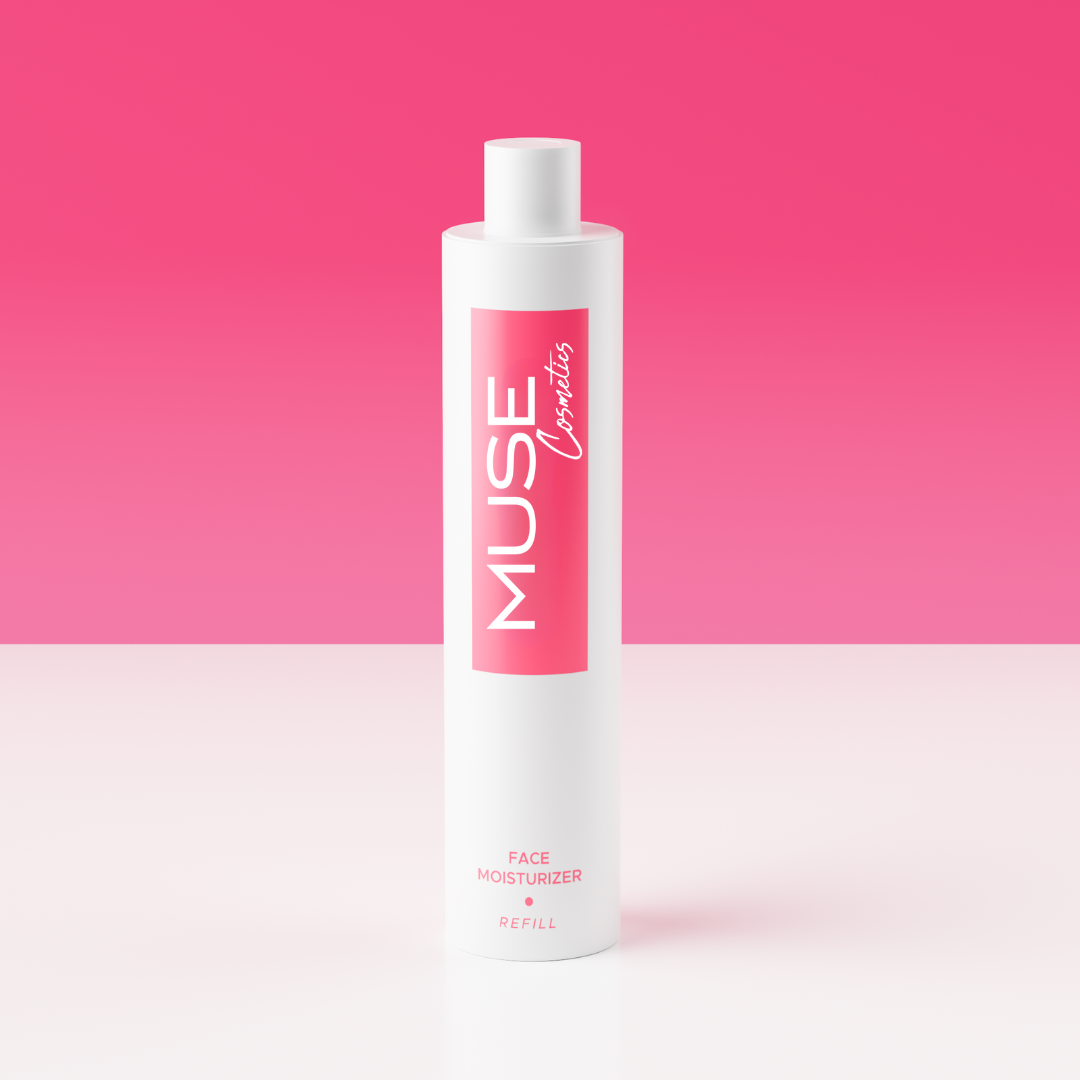How to protect your skin from the cold?

The cold affects not only our mood but also our skin. Even if you're a fan of the cold months, remember that your skin definitely isn't!
In winter, the humidity is low, the air is drier, and indoor heating further depletes moisture from the skin. The result? Dry, irritated and red skin.
The health of your skin is not only important for its appearance, it performs many of the body's essential tasks. Among other things, our skin protects us from the many viruses and bacteria we are exposed to on a daily basis. It also protects us from the sun's harmful ultraviolet rays, which can damage cells. These are just two of the many reasons to keep it healthy.
The cold months can significantly compromise skin health by causing conditions such as xerosis (dry skin) or eczema (itchy, dry, reddish patches or lesions on the skin).
Here are some easy steps to protect your skin from the cold in winter:
HYDRATE! Yes, we say it in summer and winter because it's important. The skin contains 64% water. Dry air and heating literally dry it out. That's why it needs a double dose of hydration. If you've only been applying cream, it's time to add a serum!
We know that especially on cold days, a hot shower is the dreamiest moment. But your skin hates it. Yes, that's because very hot water sucks the moisture out of it. That's why you're so thirsty afterwards. Try to avoid hot showers or at least don't wash your face with hot water.
Also, don't scrub it when you clean it. To remove makeup and dirt, you don't need to press, scrub and rub hard. If you do, it's time to change the product you're using. The antibacterial brush of our foam makes cleaning even easier, and you don't need any pressure.
Already understood that withthe air can pull the moisture from your skin. Something extra you can do is invest in a room humidifier. It can be very useful, and a beautiful element of decoration.
Protect yourself from the wind. When you go out, cover your face with a scarf and don't forget to wear sunscreen! It acts as an extra protective barrier. Remember that the winter sun can also be dangerous for the skin, especially in the mountains.
Here's something you might not know. Tanning beds and artificial sunlamps damage the skin and increase the risk of cancer. If you still want to keep your summer tan, we recommend using autobronzers, but be aware that they also dry out the skin.
And you know that Vitamin D Protectionva and rejuvenates skin? It promotes the growth, repair and metabolism of skin cells, and strengthens the immune system of the skin and helps neutralize free radicals that can cause premature aging. In summer, natural vitamin D production increases as a result of daily sun exposure, but when winter sets in, this exposure decreases. Taking supplements can ensure that you get the recommended amounts of vitamin D throughout the year.

